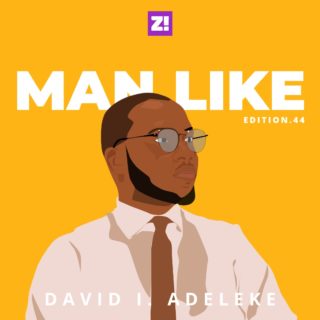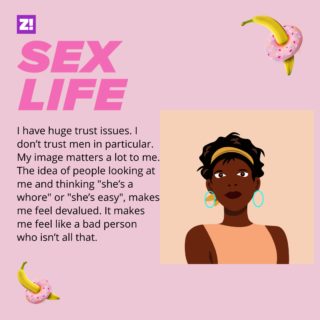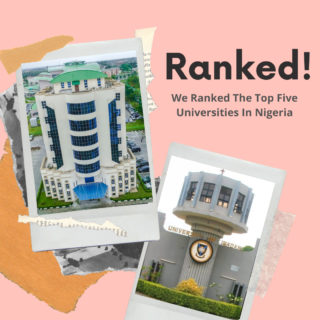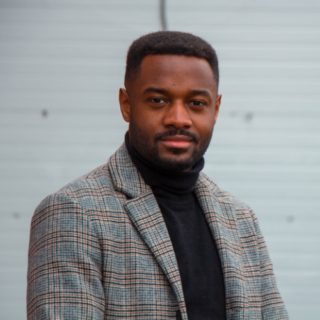The experiences of queer people any and everywhere are far from monolithic. Oppression takes many forms and, sometimes, the fact that you can or cannot pass as a member of a non-marginalised community is what determines how much or what type of oppression/marginalisation gets thrown your way.
Passing, in the simplest terms, is the ability of a member of a marginalised group to look like they are not from that group. For example, a gay person can be considered to be straight-passing if, based on stereotypes, other people can’t tell they are gay.
We asked four queer people who are visibly queer and are non-passing what it was like job-hunting.
Frank, 27.
I recently made a switch to working for tech startups and the culture is more accepting of my “eccentricities” and queerness, but with traditional companies, job hunting was hell. People would ask questions about my nails, piercings etc. I kept trying to point out that these things weren’t limiting the value I would bring. I would show my certificates and portfolio but nope. I started working for remote companies, especially non-Nigerian ones.
Ugu, 24.
I am a masc-presenting woman, and I think it upsets men. One time, I applied for a job and the person asking the interview questions asked why I was dressed like a tomboy and said they like “their women” looking fine and attractive. I was shocked. I was glad when I didn’t get the job. Another time, during my undergrad days, I went for an internship interview, and I was the only woman employed — there were four other interns. During the interview, they kept making jokes about how the only woman they were employing isn’t really a woman. Job hunting is a minefield. You spend the whole time dealing with subtle and even blatant homophobia, disregard and so much more. Imagine what it is like when people look at you and all they see is your queerness.
Ronke, 29.
I don’t know why I assumed being a creative would make navigating the job market better or easier to navigate the job market when you looked different. However I came to that conclusion, it was quickly disproved. The first job I had was being a social media manager for a store, and when I resumed, they told me not to bring those friends of mine. I was confused by that statement, then someone told me that the owner had gone through my Instagram and saw me “being a lesbian”. The owner remained passive-aggressive towards me till I left.
Another time, I was working in the marketing department of a bank and my superior told me it was important to be sexy as a marketer, so I might want to lose the T-shirt. Luckily I got fired a while after. I say luckily because I joined the place I’m at now right after, and it has been blissful.
Ayo, 21.
Job hunting is the absolute ghetto. I’ve been lucky enough to have only done it twice and only for a few months at a stretch, but it was horrible. I think the worst thing is how employers and people in charge of hiring feel that because you need or want a job, it is okay for them to talk to you anyhow. I am one of those people who you can guess their sexuality by looking at them. I look and sound and walk gay. It is easy to clock me. And that just means it is easy to be homophobic, and Nigerians never let the opportunity to be homophobic pass them by. I was an intern at this place, and I ran a lot of errands. They made comments about the way I walk and how tights my jeans were all the time.




